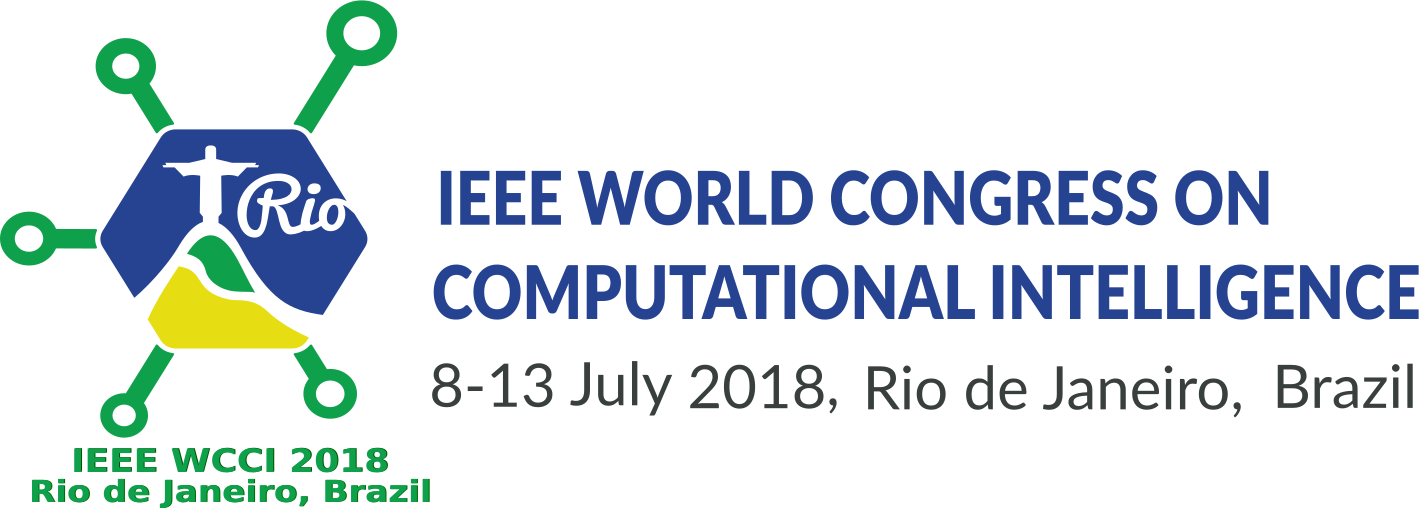Many real-world optimization problems are subjected to dynamism and uncertainties that are often impossible to avoid in practice. For instance, the fitness function is uncertain or noisy as a result of simulation /measurement errors or approximation errors (in the case where surrogates are used in place of the computation ally expensive high fidelity fitness function). In addition, the design variables or environmental conditions can be perturbed or they change over time.
The tools to solve these dynamic and uncertain optimization problems (DOP) should be flexible, able to tolerate uncertainties, fast to allow reaction to changes and adaptive. Moreover, the objective of such tools is no longer to simply locate the global optimum solution, but to continuously track the optimum in dynamic environments, or to find a robust solution that operates properly in the presence of uncertainties.
The last decade has witnessed increasing research efforts on handling dynamic and uncertain optimization problems using evolutionary algorithms and other metaheuristics, and a variety of methods have been reported across a broad range of application backgrounds.
This special session aims at bringing together researchers from both academia and industry to review the latest advances and explore future directions in this field.
Topics of interest (but not limited to):
- Benchmark problems and performance measures
- Dynamic single - and multi-objective optimization
- Adaptation, learning, and anticipation
- Models of uncertainty and their management
- Handling noisy fitness functions
- Searching for robust optimal solutions
- Algorithm comparison and benchmarking
- Hybrid approaches
- Theoretical analysis
- Real-world applications
|
